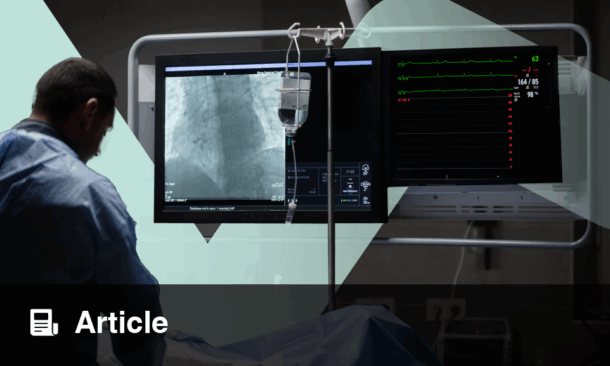THE TWO-YEAR outcomes of the MiCLASP study were presented at PCR London Valves 2024, and the data confirms that M-TEER with the PASCAL system provides sustained safety and effectiveness in reducing mitral regurgitation (MR) across diverse patient anatomies, demonstrating significant clinical improvements at two years.
The MiCLASP study was a prospective, multicentre, single-arm investigation evaluating the safety and efficacy of the PASCAL edge-to-edge repair system in treating clinically significant, symptomatic MR. Initially, the study enrolled 600 patients across 30 sites in nine countries, with most sites located in Germany. At first, eligible patients had MR of grade ≥2, but this was later adjusted to ≥3 after enrolling 500 participants. By two years, follow-up data were available for 303 patients, with baseline characteristics showing a mean age of 77.4 years, functional MR in 58.5% of cases, and complex mitral valve anatomies in 18.5%. The procedural successful implant rate was 97.2%, with an average procedure time of 81 minutes.
At two years, MR reduction was sustained, with 81.1% of patients showing mild or less MR and 98.4% showing moderate or less. Similarly, 78.7% of patients with complex anatomy showed mild or less MR, and 93.6% showed moderate or less. Cardiovascular and all-cause mortality rates were low relative to the high-risk population, while hospitalisations for heart failure decreased significantly, with a 71.4% reduction compared to the year before enrolment. Among patients with complex anatomies, the success rate was similarly robust, with 78.7% achieving mild or less MR. Left ventricular remodelling showed favourable changes, with reductions of 25.1 ml in end-diastolic and 12.4 ml in end-systolic volumes. Additionally, quality of life improved markedly, with an average gain of 13.4 points in the Kansas City Cardiomyopathy Questionnaire, sustained over two years.
These findings confirm that M-TEER with the PASCAL system offers durable MR reduction and substantial benefits in functional outcomes, survival, and quality of life. The results highlight its utility across a broad spectrum of patient anatomies, including those with challenging anatomical features. In clinical practice, the PASCAL system provides an effective and reliable treatment option for patients with both functional and degenerative MR. Future studies should continue to evaluate long-term outcomes and explore its application in emerging therapeutic contexts.
Reference
Geisler T et al. Two-year outcomes of mitral transcatheter edge-to-edge repair from the MiCLASP study. PCR London Valves, 24-26 November, 2024.








